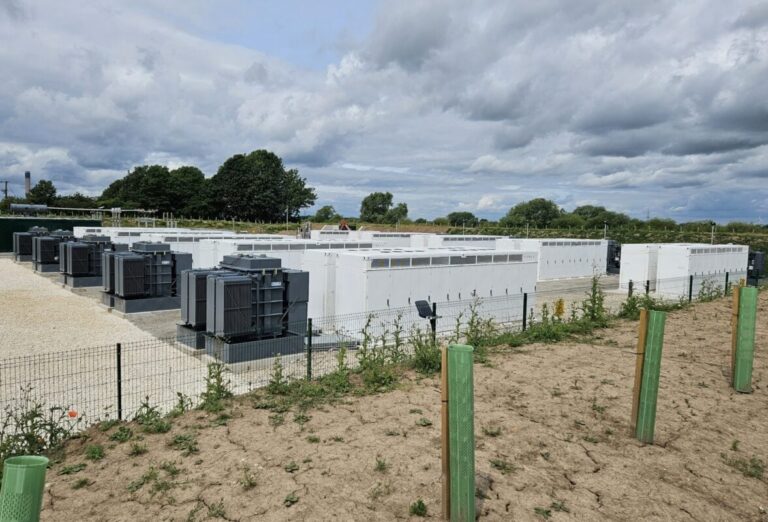The Harmony Energy Income Trust fund has announced the successful start-up of its 35MW/70MWh battery energy storage project in North Yorkshire.
Developed by Harmony Energy, the project’s construction was managed by Tesla under the supervision of the Harmony Energy project team. The battery energy storage system (BESS) will be located in Rusholme and is expected to be fully operational in all markets by early August.
Harmony Energy is a developer and investment advisor of the Harmony Energy Income Trust fund.
The BESS will operate through Tesla’s algorithmic trading platform, Autobidder, which has already been deployed on other Harmony projects.
Norman Crighton, Chairman of Harmony Energy Income Trust, said: “We are pleased to have powered another project in our portfolio, bringing Harmony Energy Income Trust’s total operating capacity to 625 MWh, or 79% of total portfolio (according to capacity). The ratification of the Rusholme project marks another milestone in the UK’s energy transition and the adoption of BESS, ultimately helping the country meet its net zero targets.”
As reported by our sister site, Energy-Storage.news, the the commercial operation date for the Rusholme project was postponed to the third quarter of 2024 due to minor delays in the connection program of a distribution network operator (DNO).
Recent market research from Solar Media has shown that the UK market for standalone energy storage is experiencing substantial growth, as is co-located storage with solar, with co-location capacity expected to increase to more than 1 GWh by the end of 2024.
BESS capacity is increasing in Britain, with planning permission granted for a 400MW/2,400MWh project in Weymouth after a six-to-two vote at a meeting of Dorset Council. Supporters of the project said it was necessary because it contributed to Britain’s decarbonization efforts by helping integrate renewable energy.
It is widely recognized that grid flexibility, as provided by BESS, will be a crucial enabler of the government’s ambitious clean energy targets. Particularly given Labour’s focus on offshore wind energy, the amount of variable energy coming online will require a significant increase in storage capacity.


